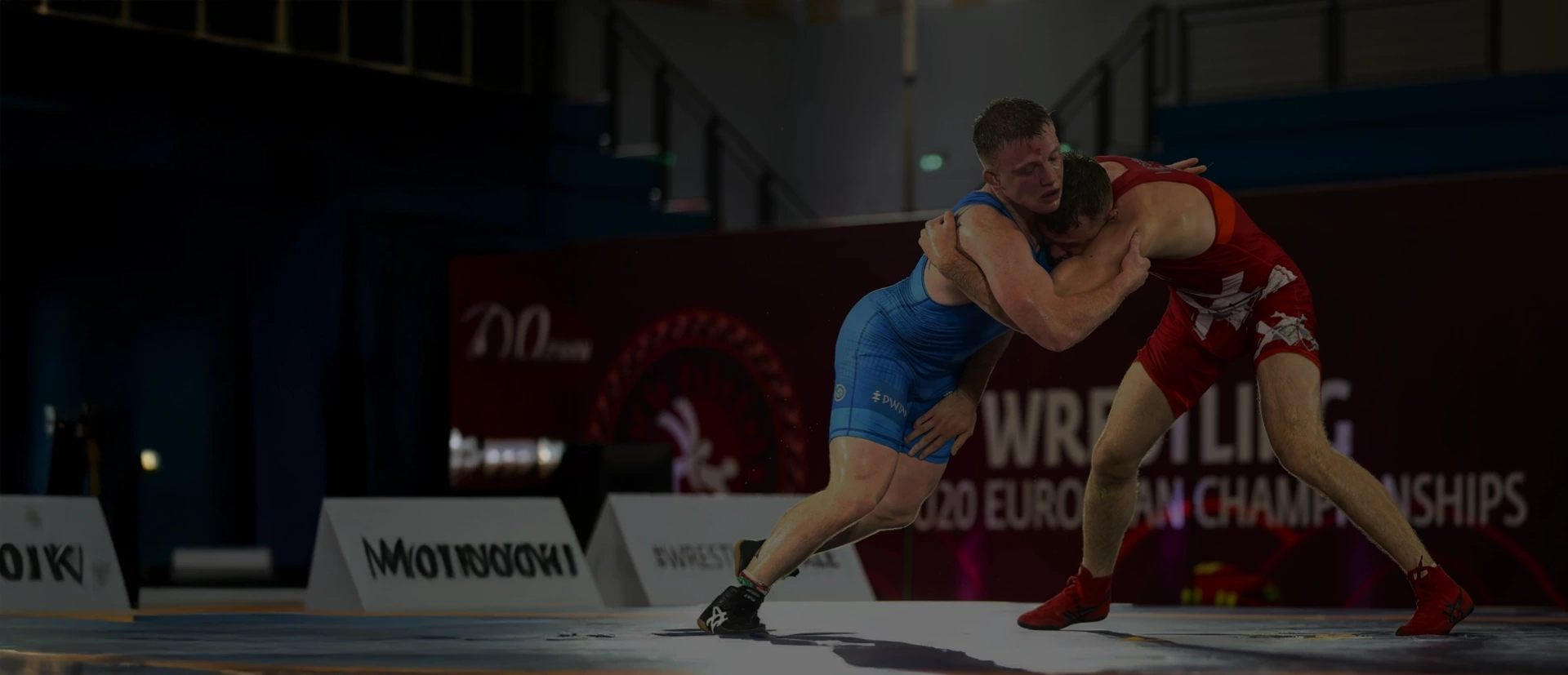Buďte stále v obraze. Prinášame vám najnovšie informácie, zaujímavosti a tipy priamo od nás.
Novinky & aktuality
Smelo môžeme konštatovať, že iba málo športových odvetví v Košiciach má takú bohatú a úspešnú tradíciu ako práve zápasenie.
Zápasenie vzniklo oficiálne v Košiciach už v roku 1904. Tento rok sa zároveň považuje za zrod organizovaného zápasenia na Slovensku.
Náš zápasnícky klub vznikol v roku 1946, kedy sa rozhodli nadšenci zápasenia, zoskupení okolo neskoršieho nestora zápasenia Ladislava Nagy, založiť si svoju zápasnícku rodinu, a v roku 1946, čiže hneď po vzniku Telovýchovnej jednoty Lokomotíva Košice sa začlenili do jej radov ako oddiel zápasenia pod názvom ZK LOKOMOTÍVA KOŠICE.

zápasnícky
klub
Kontakty na klub
Máte záujem o tréningy, spoluprácu alebo viac informácií o našom klube? Neváhajte nás kontaktovať – radi odpovieme na vaše otázky.
Naši partneri a spolupráce
Naša činnosť by nebola možná bez podpory partnerov a spolupracujúcich organizácií. Spoločne s nimi rozvíjame tradíciu zápasenia v Košiciach, podporujeme športovú mládež a prinášame kvalitné podujatia pre verejnosť.











